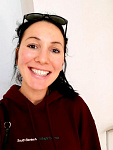Nicosia is the center of the academic life of Cyprus and is famous for the variety of high quality higher, secondary, primary and preschool educational institutions.
Today we are going to talk about schools.
It should be noted that many parents choose schools in Nicosia, even if they live in other cities of the island. In this case, the way to school becomes a pleasant journey and an additional opportunity for parents to communicate with their children.
In Nicosia, in addition to public Greek schools (where the education is free for all children of the island), there are several international private institutions, as well as schools at embassies.
Most private schools are in English, and upon graduation, children are prepared for admission to universities in Cyprus, Europe and the USA. There is also a French school in the capital, where the main subjects are in French, but children also learn English, Greek and other languages. The minimum annual tuition fee is 2,500 euros, and the average is 6,000 euros per year. In private Cypriot schools, they have school uniforms; while the rules in the public schools are not so strict
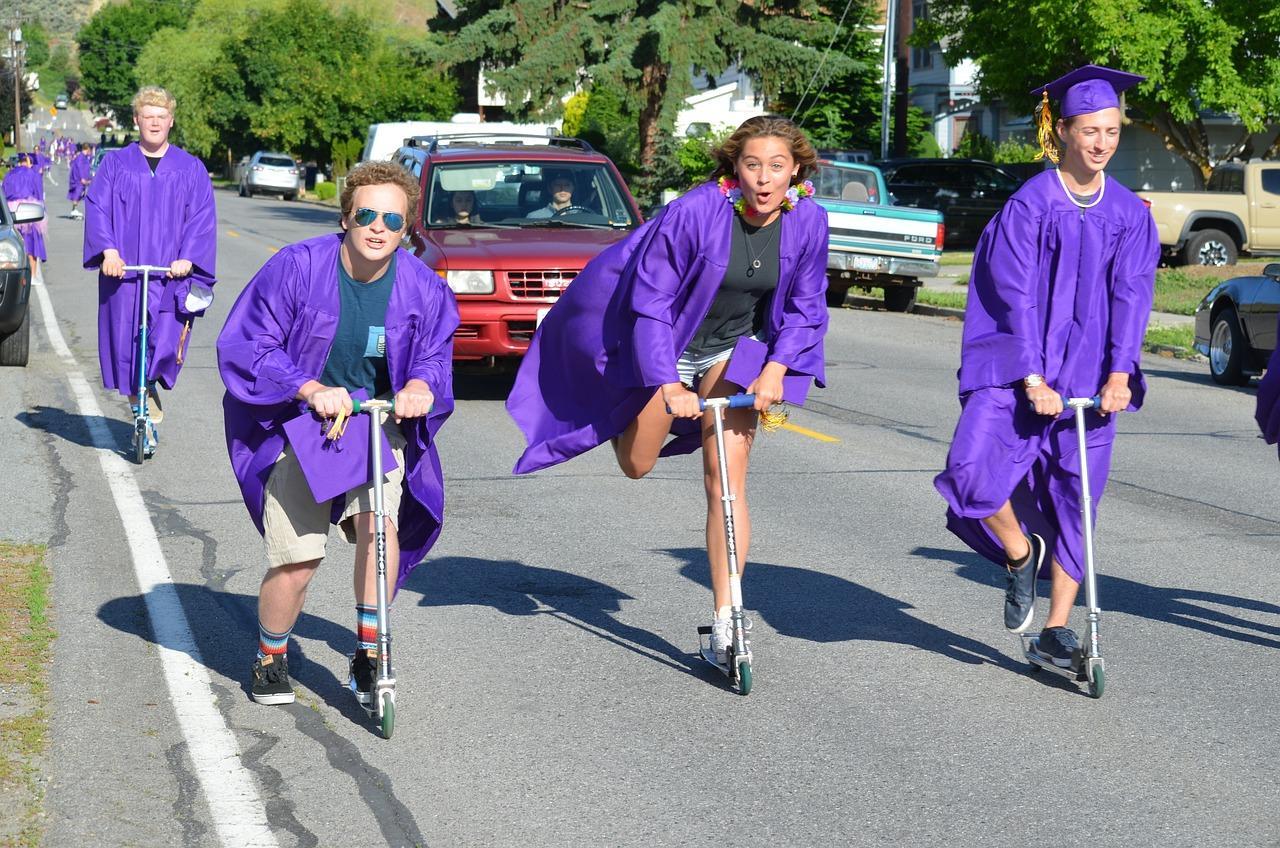
You can check any educational institution on the website of the Ministry of Education of Cyprus. It should be noted that in recent years the accreditation procedure has become much more complicated, and new schools are subject to higher requirements than before. Each family decides which school they want based on their priorities and future plans for the child's education.
On the website of the Ministry, you can also find the addresses of all schools, including public ones, which, unlike private ones, do not always have a website with detailed information.
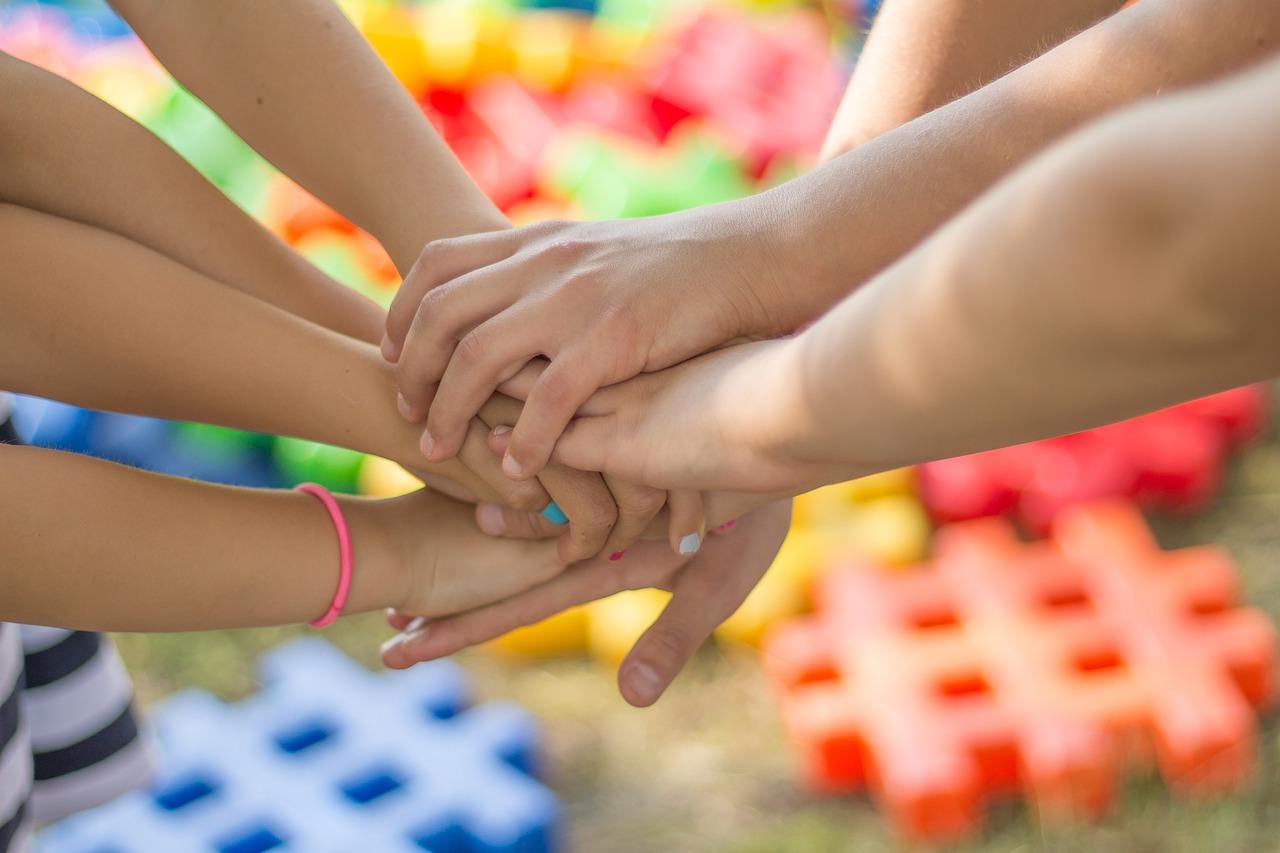
The American International School in Cyprus (AISC)
Founded in 1987, the American International School of Cyprus is accredited by the MSA (Association of American Schools) and approved by the Cyprus Ministry of Education. It is part of the international network of the same name. Representative offices are also located in Dubai, Cairo, Hong Kong and Lebanon. They use US and international curriculum.
The school is located near the center of Nicosia. In AISC, children study from kindergarten (from 3 years old) to 12th grade (up to about 19 years old). It is believed that from here it is quite easy to go to study at US schools and colleges, if necessary.
The leadership of AISC Nicosia states that the warm atmosphere of friendship among students, as well as students and teachers, is the main difference between the institution and other private schools. Parents, in turn, note that this is one of the most expensive schools in Nicosia and the island, but it really has all the necessary facilities, including IB (International Baccalaureate). And children love the school for its large swimming pool and interesting extracurricular activities.
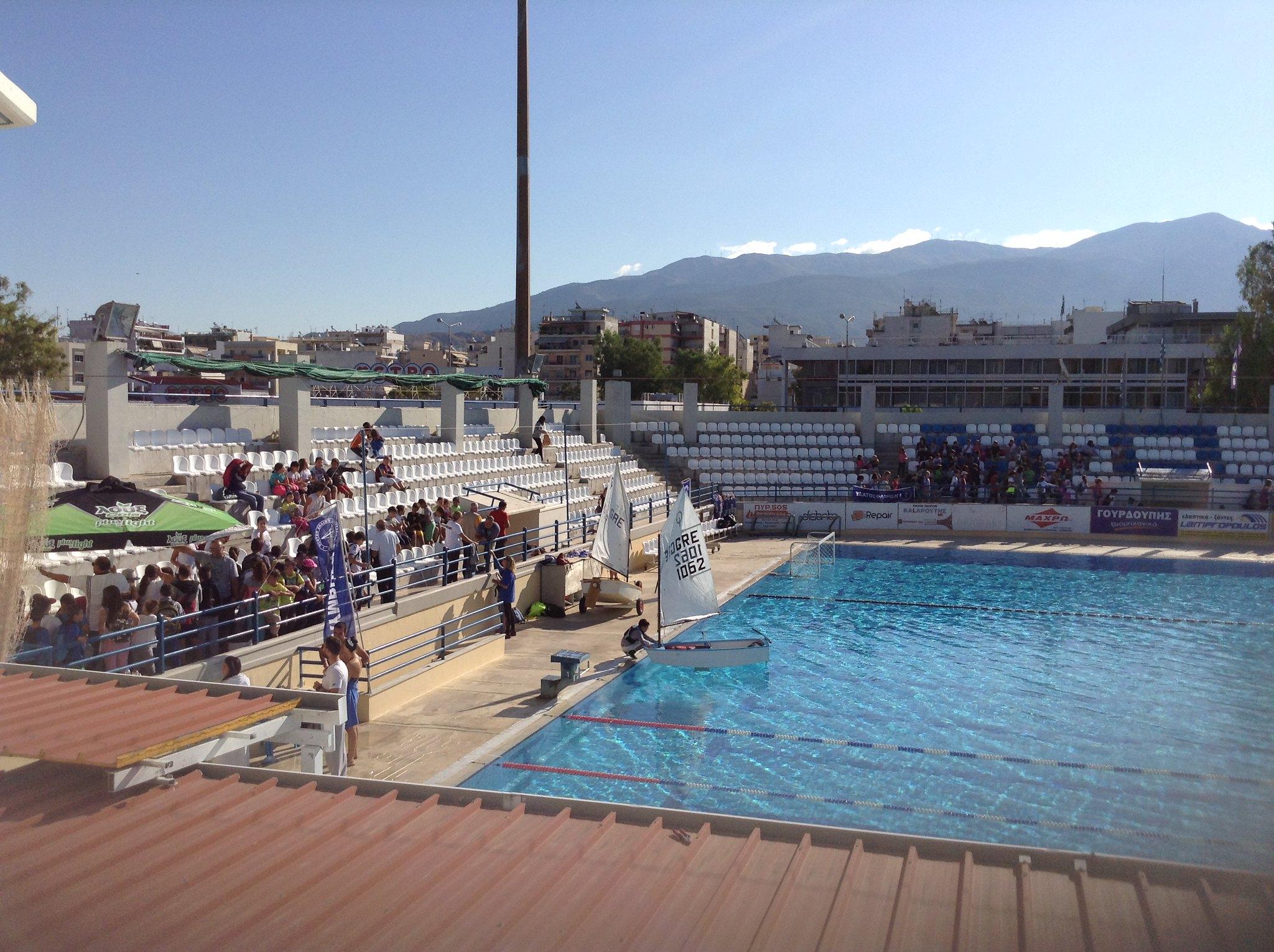
The annual tuition fee schedule is published on the school website or can be provided upon request from the admissions office. AISC is located in the central area of Strovolos. Not far from this school and the French embassy is the following private educational institution.
The Junior & Senior School
The Junior School was founded in 1944 by a group of enthusiastic teachers and parents who dreamed of creating a quality school for foreign children. It was also intended that the school would offer places to Cypriot children whose families wanted to give them a British-style education and continue their education in England. And only in 2003, in connection with the expansion of the school, it was decided to create a high school. In 2016, the current premises in Latsia were purchased by the school for the senior classes. Today, children study at 6 campuses.
The school is unique in Cyprus as it is a non-profit organization. The Board of Governors, made up of 10 members elected from the parent committee and one non-parent, acts as director, while a team of senior teachers is responsible for day-to-day management. At the same time, the school is licensed and operates in accordance with the rules of the Ministry of Education of Cyprus.

In the junior school, children aged 2 to 12 study according to the National Curriculum of England under the programs of the initial stage, Key Stage 1 and Key Stage 2. The senior school continues the education according to the National Curriculum at stages 3, 4 and 5, and also prepares pupils to the IGCSE and A Level exams, as well as to obtaining a high school diploma, which is called Apolytirion.
In October 2016, the school was inspected by the International Independent School Inspectorate (ISI) and was highly commended for its work, and during the last inspection at the end of 2019, the school was found to be compliant and successful in all areas. In addition, as a PGCE (Postgraduate Certificate) training school in partnership with the University of Sussex since 2018, the school is committed to educating its teachers to the highest standards of modern pedagogy.
Tuition fees range from 5,100 euros to 8,000 euros. The school website also lists additional fees for excursions, additional classes for new students and other fees in excess of 1800 euros. A nice bonus will be a 10% discount for the education of the second child and a 50% discount for the education of the third and subsequent children. The school is located in the central area of Strovolos.
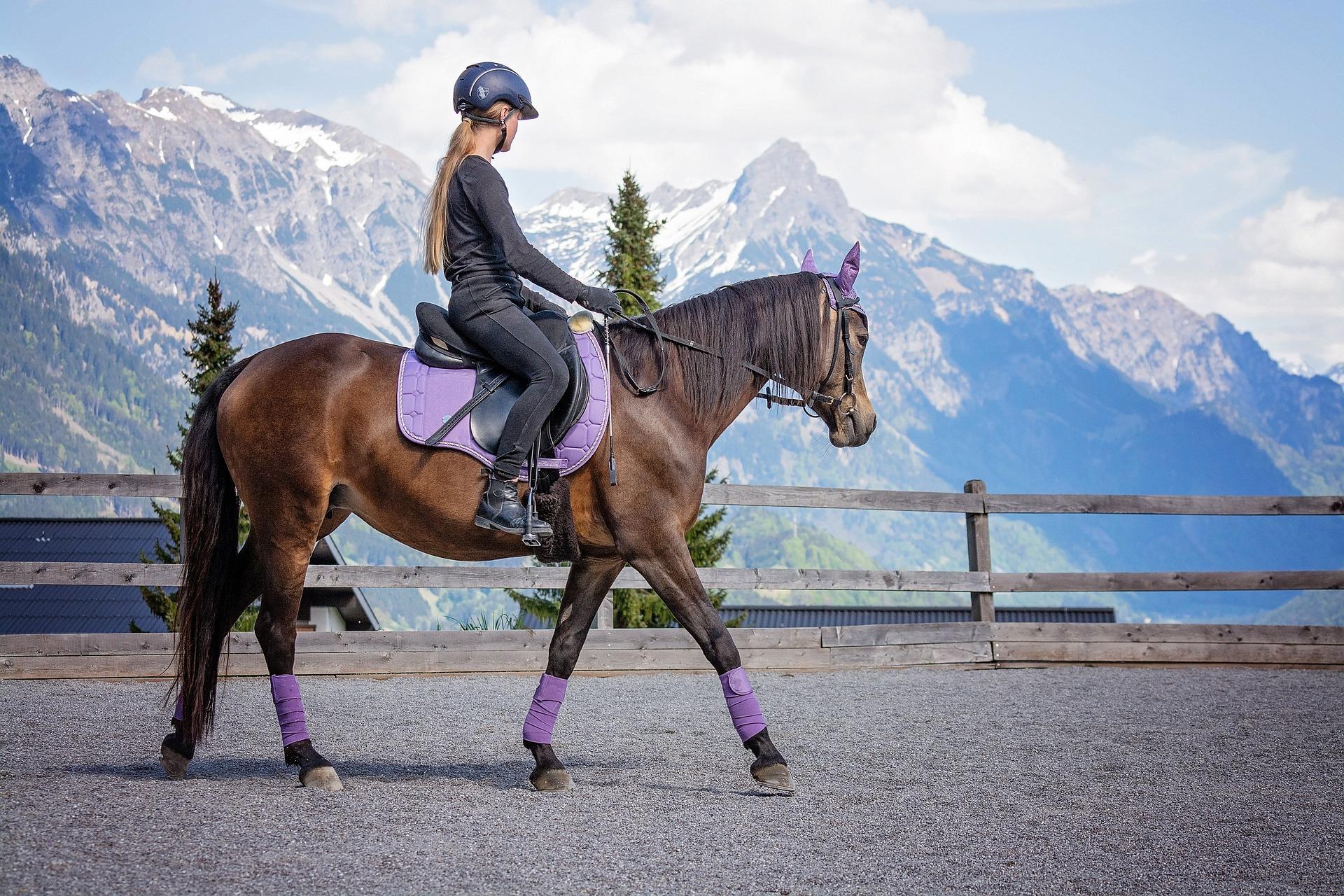
Falcon School
The school was opened in 1976. It trains children from 2 years to 18. The educational institution is famous not only for the quality of education and a variety of additional developmental programs, including sports disciplines, science, art, interest clubs, but also a 25-meter heated outdoor pool. In addition, it has a real music studio for orchestra and choir rehearsals with a large selection of musical instruments.
According to the school website, payment takes place in three stages (in March, November and July). The cost of annual training varies from 4,600 to 7,700 euros per year. The school has a flexible system of discounts. 15% discount for the second child, 25% for the third child, and 35% for subsequent children. There is also a 10% discount for a one-time payment.
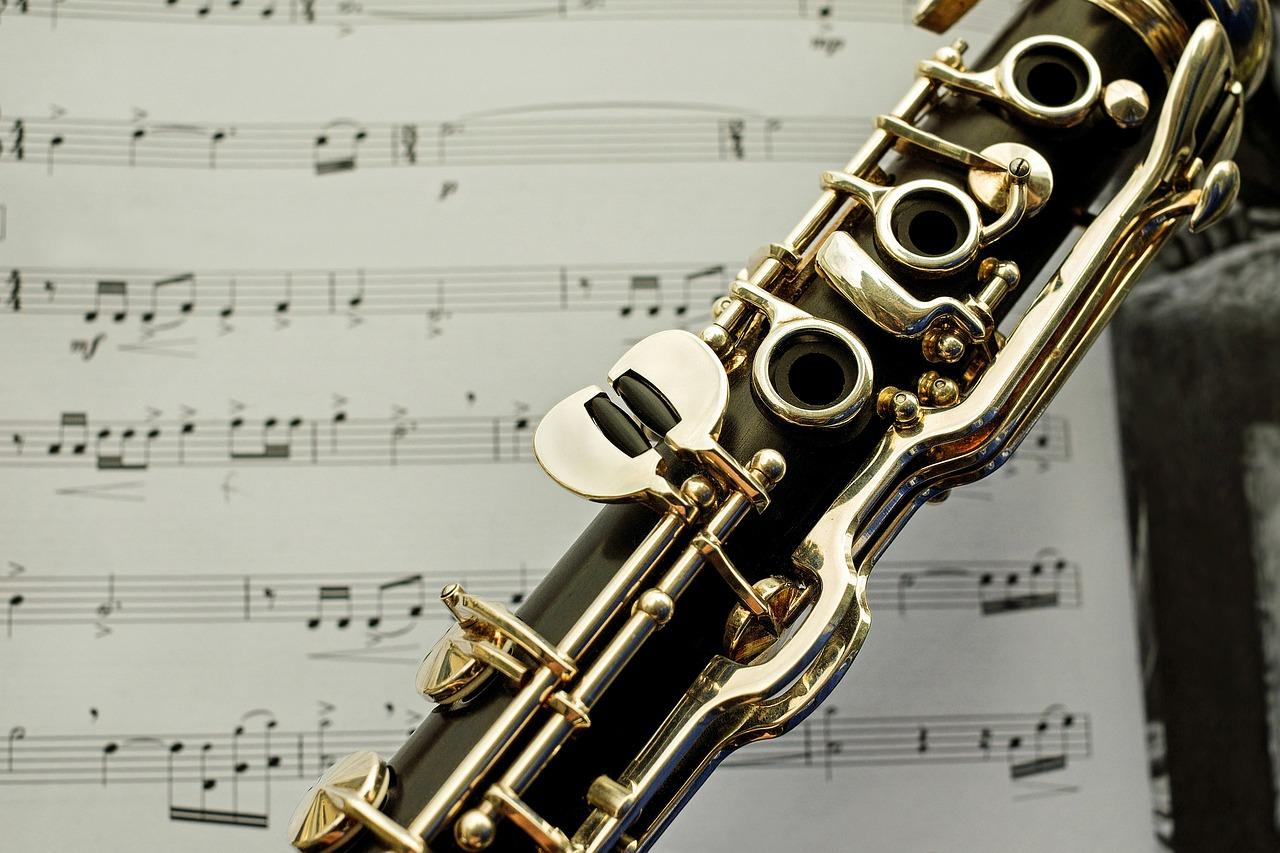
Boarding school Pascal English School
Founded in 1978 as a school dedicated to teaching English as a second language, today it is the largest Pascal Education system in Cyprus. The brand operates 3 primary schools, 2 Greek medium schools and 3 English medium schools located in Limassol, Larnaca and Nicosia. About 1,800 children from 3 to 18 years old study in it, more than 300 teachers work.
Education with full board accommodation is currently only possible in Nicosia for students aged 12-18. A real international environment has developed at the school, children from Russia, Belgium, Lebanon, Israel and many other countries of the world come to study here. Cost from 29,000 euros per year. Without accommodation, the cost of education is from 5,000 euros per year. The school is located in Lakatamia.
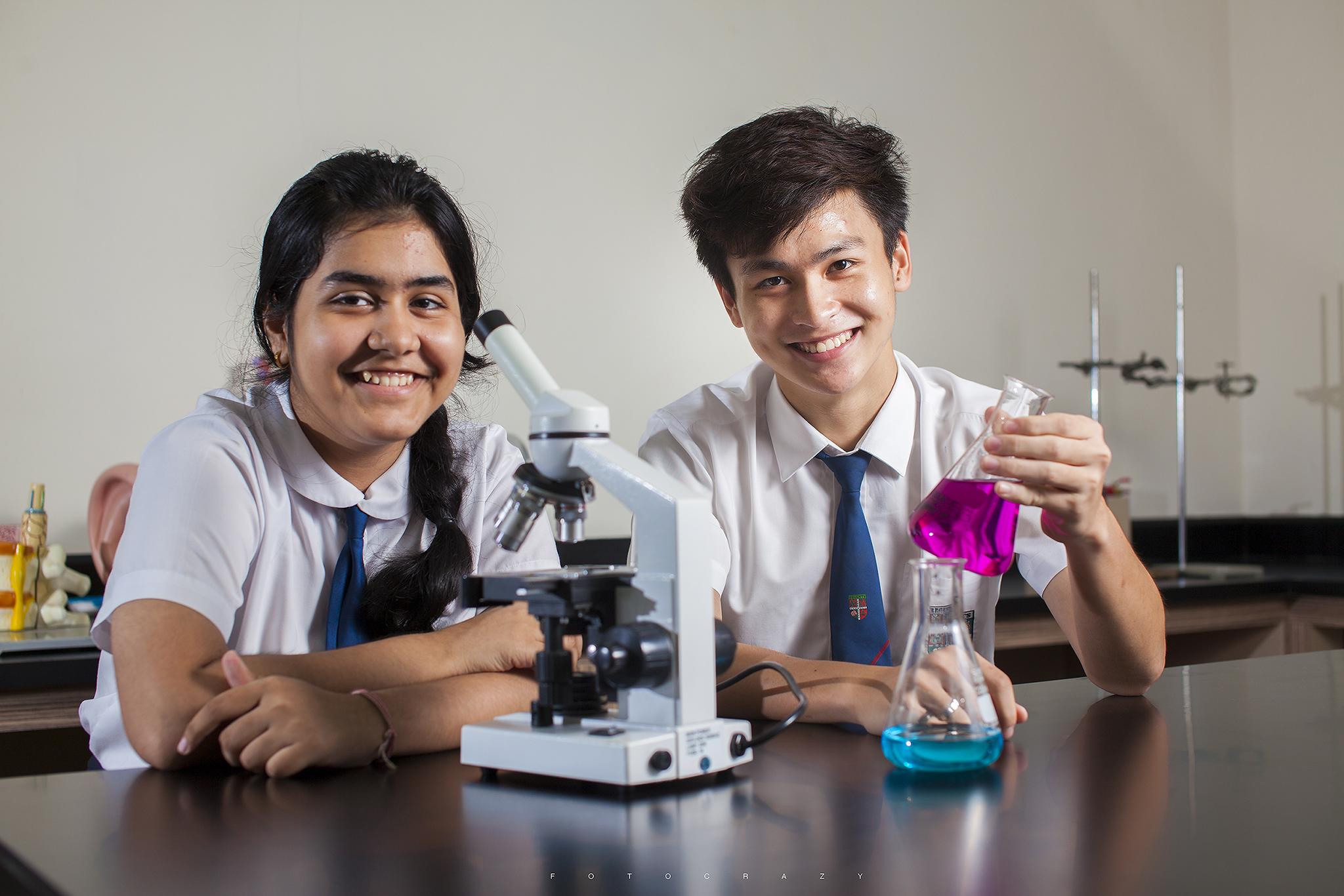
The Grammar School Nicosia
11 km southwest of Nicosia, in the picturesque village of Pano Deftera, there is another good English school. Grammar School was founded in 1963. The educational institution provides both general and specialized education, allowing students to receive a school leaving certificate (Apolytirion), IGCSE and GCE Advanced Subsidiary (AS) and Advanced Level exams. The gymnasium also serves as a GCE examination centre. In addition to teaching, the school is engaged in the development of various extra-curricular activities, including charitable and social work, sports and other cultural activities.

Entrance exams are held in the spring only for students in grades 2,3,4,5 and 6. At the same time, children are interviewed, they have exams in mathematics, Greek (for those who speak Greek) or English (for those who do not speak Greek).
For the first three years, all students receive general education in English, with the exception of modern Greek. In Years 4 and 5, students take the IGCSE in Mathematics, Modern Greek and English, which are compulsory, and choose 5 more subjects of their choice. At the end of the 5th grade, students again take the IGCSE exams. In Years 6 and 7, children take GCE Advanced Level Examinations in 3 or 4 elective subjects. At the end of the 6th grade, Level A Greek is taken and students can choose to take AS level exams in elective subjects. At the end of the 7th grade, they take the A level exams. At the end of the 7th grade, the upper secondary school students also receive the Apolytirion school leaving certificate. The cost of training is from 8240 euros to 8580 euros per year. There are discounts for the education of the second and subsequent children. Payment is made monthly.
American Academy Nicosia
One of the oldest schools in Nicosia was founded in 1922, 18 years later than the school of the same name in Larnaca. Note that each educational institution operates autonomously. The school is conveniently located in the center of the capital, close to public transport stops and close to three embassies: Russia, Egypt and the United States. Not only Cypriots study here, but also children from other countries.
The school is convenient in that it has a kindergarten, primary classes, and a secondary school for older children. Once enrolled, the child does not need to retake exams. A high level of educational preparation allows graduates to enter prestigious universities in the world. The quality of education is also confirmed by the statistics of international exams, and the fact that students win prizes in national and international Olympiads.
The cost of education today ranges from 3,430 euros in kindergarten to 7,120 euros per year in the final 13th grade of high school. You can pay monthly. For those who pay the entire amount at once, a 5% discount. Please check with the finance department for current second child tuition discounts as they are constantly updated.
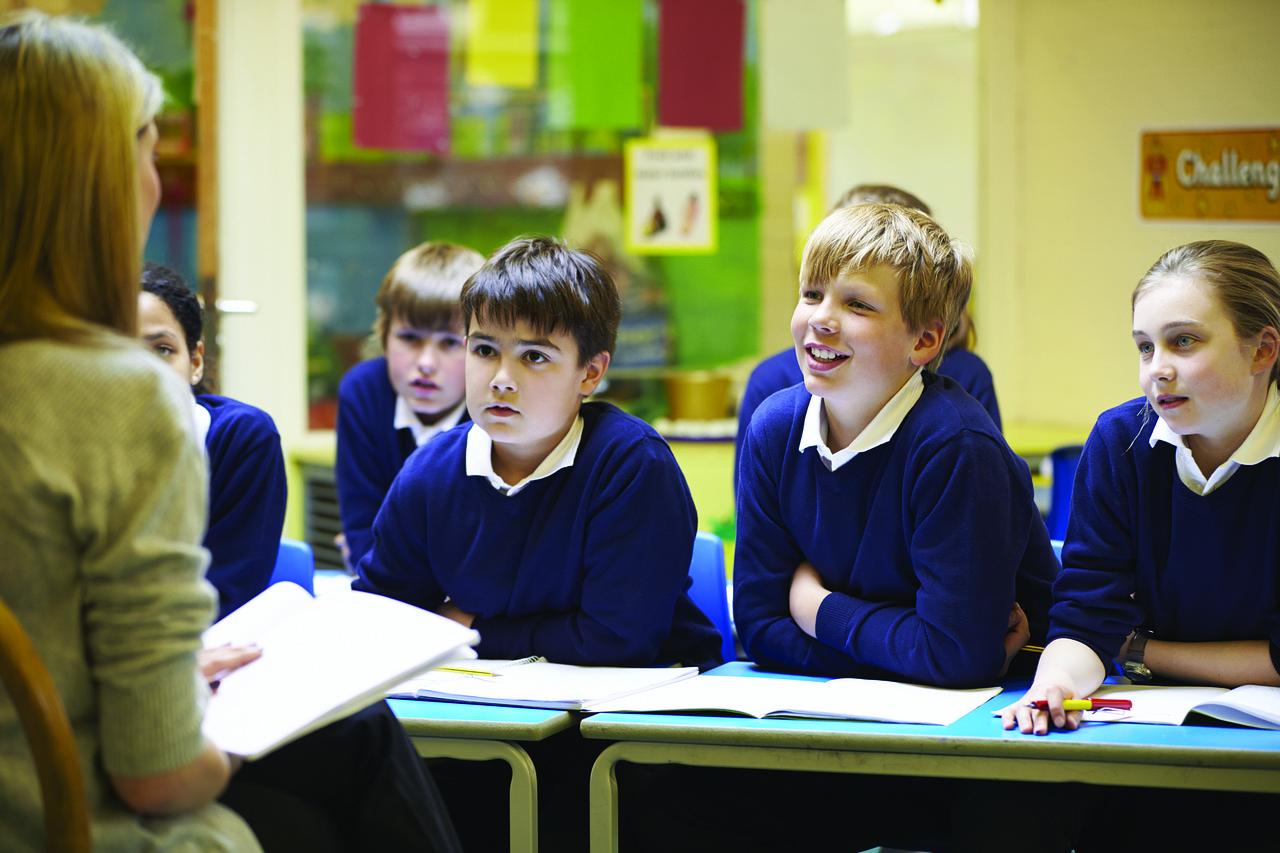
The English School
The school was founded in 1900 by a 36-year-old teacher named Canon Frank Darvall Newham, who came to the island to teach English to government officials. Its story is truly amazing. The school started with 13 students but grew rapidly to become the leading English high school in Cyprus, attracting students from a variety of cultural backgrounds, both local and international.
The English School changed its status in 1936 when its founder gave it to the colonial governor. It continued to be an English-speaking, inter-communal Christian school with the option for all pupils to practice their own form of religion as defined in the English Schools Administration and Control Act 1935 and its amendments.
The English School for Girls (founded in 1957) was incorporated in 1962. Thus, it became the first co-educational school in Cyprus.
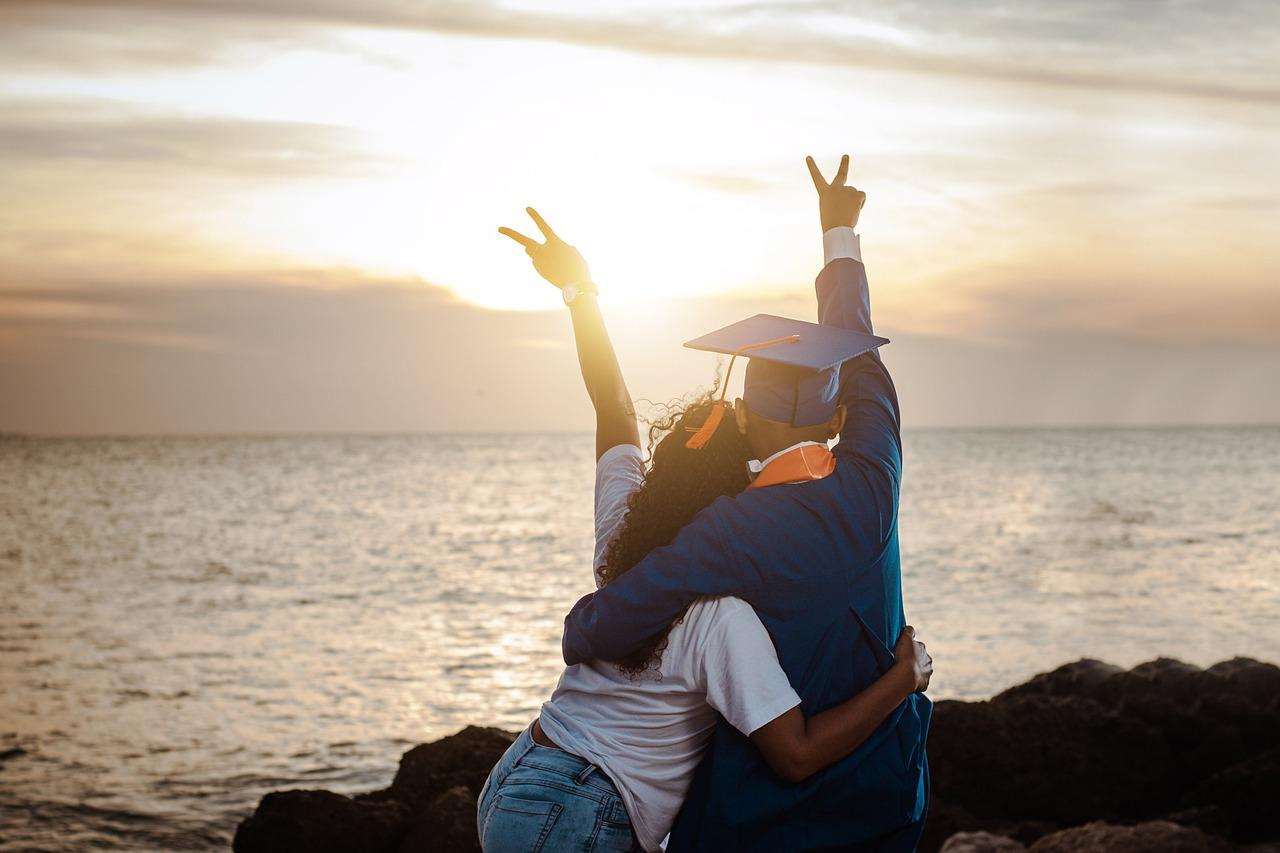
The school served all the communities of Cyprus, having several boarding houses in which students from all over the island could study. Shortly before the events of 1974, the number of students reached more than 1000 people. The tragic events of 1974 changed the school in many ways. Turkish Cypriot students and teachers were forced to leave. However, the school has maintained its commitment to the education of all communities in Cyprus. In 2003, Turkish Cypriot students were admitted to an English school for the first time in 29 years, and since then the number has steadily increased. Currently, the school has 1043 students, 106 teachers and 20 support staff.
The academic program is built on the classic model of British independent secondary schools. During the first three years, all students go through a broad curriculum designed to lay the foundation for the state examinations and give them the opportunity to become familiar with all the subjects offered. At the end of the third year of study, students choose their International General Certificate of Secondary Education (IGCSE) subject program with a compulsory core of English Language and Literature, Mathematics and Modern Greek. Starting from the 6th year of study, students draw up an individual academic program; during this year, five subjects of the Advanced Supplementary (AS) level are studied. In seventh grade, students choose to continue four subjects to Advanced Level (AL), while the support program continues. The cost of education is exactly or slightly above 8,000 euros per year. The school is located in the central area of Strovolos.

French-Greek International School of Nicosia, Ecole Franco Chipriote de Nicosie
The French Cypriot school was founded in 2012, becoming the successor to the French school of Arthur Rimbaud, known on the island since 1987. The school, which operates under the supervision of the French study abroad agency EFMA and the French Ministry of National Education, has a kindergarten, elementary and high school. In this case, you can choose to study in French or a bilingual French-Greek curriculum with selected subjects in English. From the age of 12, students are offered to choose another additional foreign language: German or Spanish.
Students prepare for the Diplôme National du Brevet (DNB) exam, which takes place at the end of the last year of junior high school. In the upper secondary school, students prepare for the French Baccalaureate. The French Baccalaureate is recognized worldwide and is accepted at all universities in France and abroad. Higher education in France is free.
Although the French Cypriot school is private, it is a non-profit organization, managed by a director and a steering committee, which is elected annually at the general meeting of the parents. The cost of training is from 3,825 euros to 6,300 euros per year. The school is located in the Aglantzia area of Nicosia. By the way, this is one of the few private schools where children do not wear uniforms.

Romanos English Nursery School
Founded in 1979, today the school is one of the brightest and most family-friendly. It is located near Grammiko Park. Children are educated here from the age of two until they enter primary school. Soft preparation for further learning in English is an important step in the educational process for kids. Another adaptation option would be a summer camp at the chosen school.
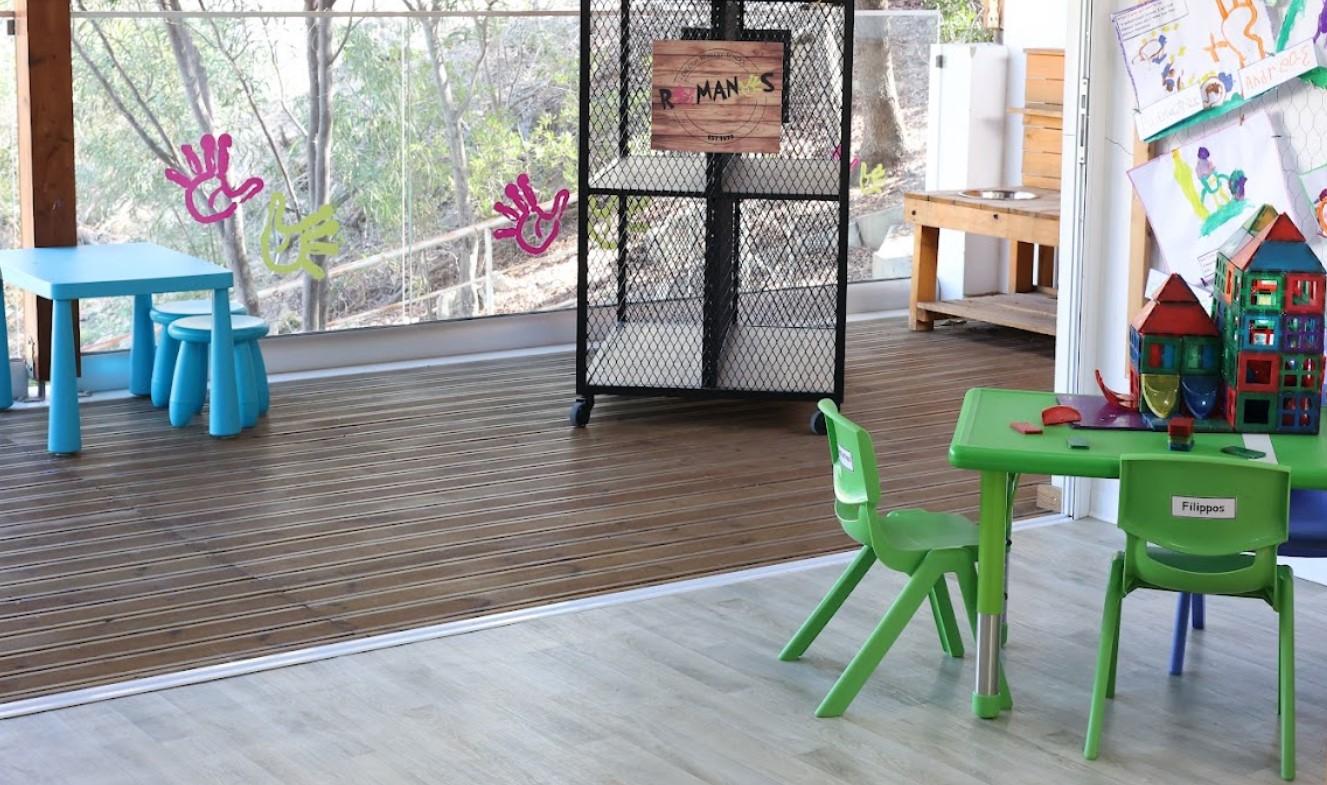
Detailed information about all projects in Nicosia can be obtained from the specialists of the real estate agency №1 in Cyprus DOMReal Estate by phone +357 22 030670, or in person at: Archiepiskopou Makariou III 1, Lakatamia 2324, Nicosia, Cyprus.
Read also:
- GESY - General Health Care System in Cyprus
- Digital Nomad Visa: How to become a digital nomad in Cyprus?
- Supermarkets in Nicosia: from the most glamorous to the most budget-friendly
- TOP 10 residential projects in Nicosia complete with permanent residence
- Pros and cons of living in Nicosia
- Cyprus Real Estate Agents Celebrate the New Year in Traditional Style

